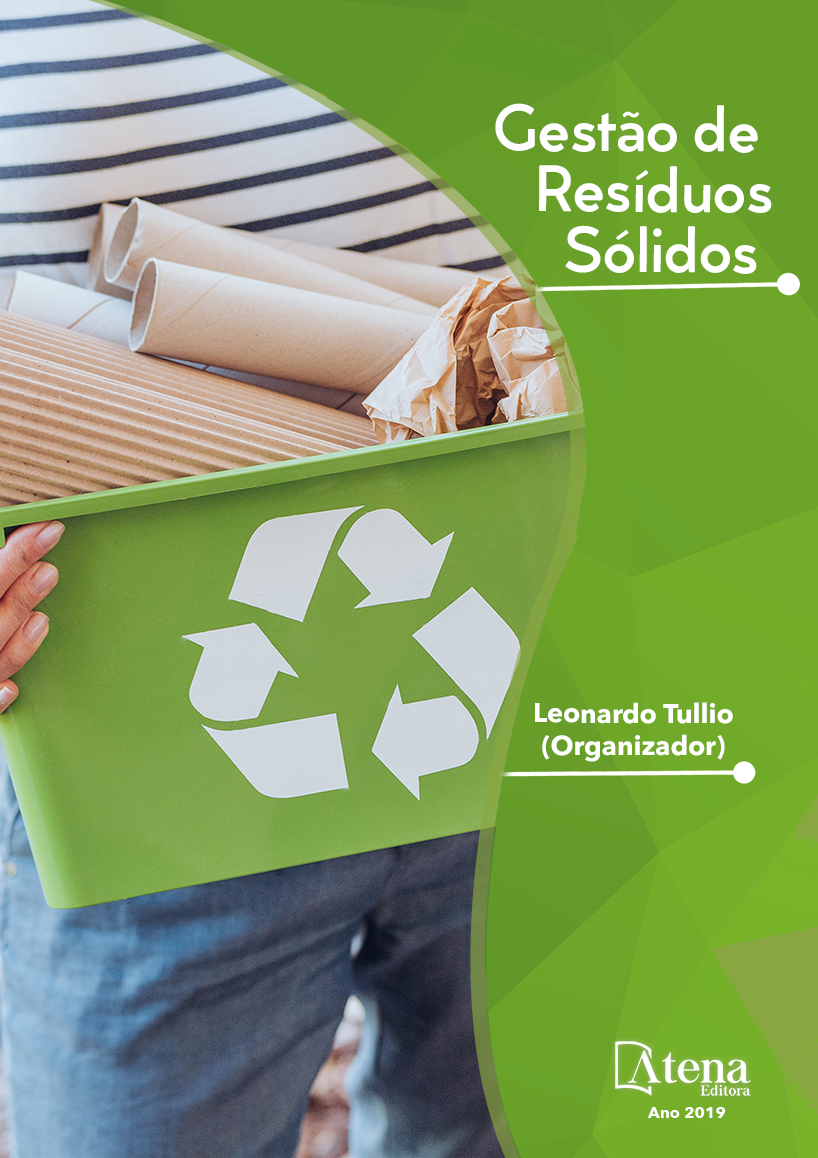
RESÍDUOS SÓLIDOS E TRATAMENTO DE EFLUENTES PROVENIENTES DE LAVANDERIA INDUSTRIAL PARA LAVAGEM DO JEANS: UM ESTUDO DE CASO
A indústria têxtil é uma das
mais importantes no contexto histórico da
humanidade. A cadeia produtiva de artigos
para o vestuário e técnicos inicia-se com a
obtenção das fibras têxteis e é submetida
a diversas etapas para transformação até o
produto final (peça confeccionada). Um dos
segmentos mais significativos na produção do
vestuário é o jeanswear, o qual tem grande
representatividade na economia e sua produção
demanda de muitos processos e produtos,
além de alto consumo de água. Este trabalho
apresenta o setor de beneficiamento de peças
confeccionadas em denim, utilizando como
base um estudo de caso realizado em uma
lavanderia industrial da cidade de Maringá-
PR com enfoque principal no tratamento dos
efluentes e na destinação dos resíduos sólidos
desse importante segmento industrial. Para
isso, avaliou-se a legislação vigente no estado
e a forma de destinação do lodo gerado na
etapa de tratamento de efluentes.
RESÍDUOS SÓLIDOS E TRATAMENTO DE EFLUENTES PROVENIENTES DE LAVANDERIA INDUSTRIAL PARA LAVAGEM DO JEANS: UM ESTUDO DE CASO
-
DOI: 10.22533/at.ed.84819140311
-
Palavras-chave: Lavanderia de jeans; efluente têxtil; resíduos sólidos industriais, lodo têxtil.
-
Keywords: Industrial jeans laundry; textile effluent, industrial solid waste, textile sludge.
-
Abstract:
The textile industry is one of the
most important in the historical context. The
production chain for garments and technicians
begins with the production of the textile fibers and
is subjected to several stages for transformation
to the final product (clothes). One of the most
significant segments in the production of clothing
is jeanswear, which has great representation in
the economy and its production demands many
processes and products, in addition to high
water consumption. This paper presents the
denim manufacturing process, based on a case
study carried out in an industrial laundry in the
city of Maringá-PR, with a primary focus on the
treatment of effluents and the disposal of solid
waste from this important industrial segment.
For this, the legislation in force in the state and the form of destination of the sludge
generated in the effluent treatment step were evaluated.
-
Número de páginas: 15
- Bruna Gouveia Souza
- Luana Dumas Coutinho
- Luciana Simões Ramos
- Valquíria Aparecida dos Santos Ribeiro


